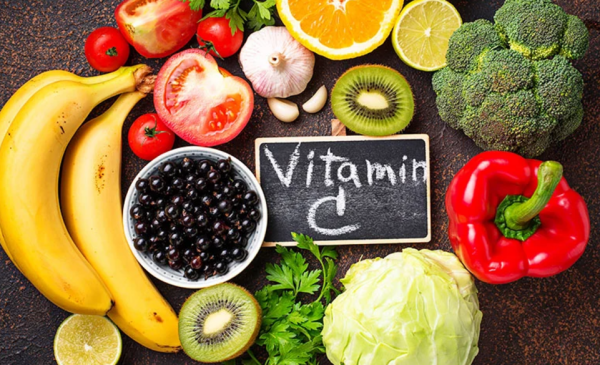Hi there! Like most people, I’ve heard about the wonders of vitamin C for years. It’s everywhere: in health magazines, on TV, and even from our doctors. But no one ever seemed to explain why it works. Sure, I knew it was supposed to boost my immune system, but that felt like vague hype. I wanted the real story—the nitty-gritty about what vitamin C actually does in our bodies. So, I decided to dive in, and what I discovered amazed me.
Our Bodies Run on Electricity
Here’s something cool: our bodies are electrical. Everything in us, from our heartbeat to our brain signals, relies on tiny electrical charges. This electricity keeps our cells functioning and communicating. But sometimes, things go wrong.
Free radicals are one of those problems. These are molecules in our bodies that lose an electron. Think of an electron as their power source—when it’s gone, the molecule is incomplete and unstable. To fix itself, the free radical goes on a rampage, attacking other molecules to steal their electrons. This process can damage healthy cells, leading to inflammation, premature aging, and even serious diseases like cancer.
Enter Vitamin C: The Electron Donor
This is where vitamin C comes in to save the day. Vitamin C is an electron donor, and it’s really good at it. When it encounters a free radical, it hands over one of its electrons, calming the free radical down. Now, instead of attacking healthy cells, the free radical returns to its normal, harmless state.
The best part? Vitamin C doesn’t lose its power when it donates an electron. It stays stable, so it can keep working to protect your body. That’s why it’s so effective—it fights free radicals better than anything else out there.
Neutralizing Toxins
But that’s not all vitamin C does. Our modern world is full of toxins. We eat them in our food, breathe them in the air, and even absorb them through our skin. These toxins are also electron-hungry, just like free radicals. They cause all kinds of problems, from weakening our immune system to helping parasites and diseases thrive.
Vitamin C neutralizes these toxins by giving them the electrons they crave. Once they’ve been neutralized, they’re no longer harmful. Your body can then safely get rid of them as waste. Without enough vitamin C, these toxins build up and can cause serious health issues over time.
Why We Need a Lot of Vitamin C
Now, it makes sense why vitamin C is so important. It’s not just a “nice-to-have” vitamin; it’s essential for keeping our bodies balanced. The more toxins we’re exposed to—and let’s face it, that’s a lot these days—the more vitamin C we need to counteract them.

Linus Pauling, a Nobel Prize-winning scientist, figured this out years ago. He was a huge advocate for taking high doses of vitamin C to protect against diseases and keep the body strong. And now I understand why.
The Best Kind of Vitamin C
Not all vitamin C is created equal. After trying different kinds, I’ve found that liposomal vitamin C works best for me. This form is special because it’s wrapped in tiny fat-like particles that help it get absorbed more easily into your cells. That means more of the vitamin C you take actually gets used by your body, making it much more effective.
If you’re looking for vitamin C, check the documentation for something called “bioavailability.” This tells you how much of the vitamin your body can absorb and use. The higher the bioavailability, the better.
Why Knowing Matters
Understanding how vitamin C works has made a big difference for me. When I know why I’m taking something and how it helps my body, I feel more motivated to stick with it. It’s no longer just another pill I pop each morning—it’s a tool I use to protect my health.
So now, I make sure to get plenty of vitamin C every day. Whether through foods like oranges, strawberries, bell peppers, or supplements like liposomal vitamin C, I know I’m doing something powerful for my health.
My Final Takeaway
Vitamin C isn’t just hype—it’s a game-changer. It repairs damage caused by free radicals, neutralizes toxins, and supports your body in ways most of us don’t even realize. It’s like a shield protecting you from the inside out.
If you haven’t already, give it a try. And don’t just take it because someone said you should—learn about it, understand how it works, and see the difference for yourself. Your body will thank you for it, and so will your future self!
